The programme is only conducted in Lithuanian language. Entry requirements for this particular programme can be found in the programme description provided in Lithuanian language.
in Lithuanian
How is technology changing social behaviour and culture? This question is answered by Digital Culture studies, which explore the complex interaction between people and media. The programme develops the skills to critically analyse contemporary media, assess their impact on different cultures and predict future trends. Graduates become digital architects, able not only to understand but also to shape the media landscape and to address the various problems of technologised humanity.
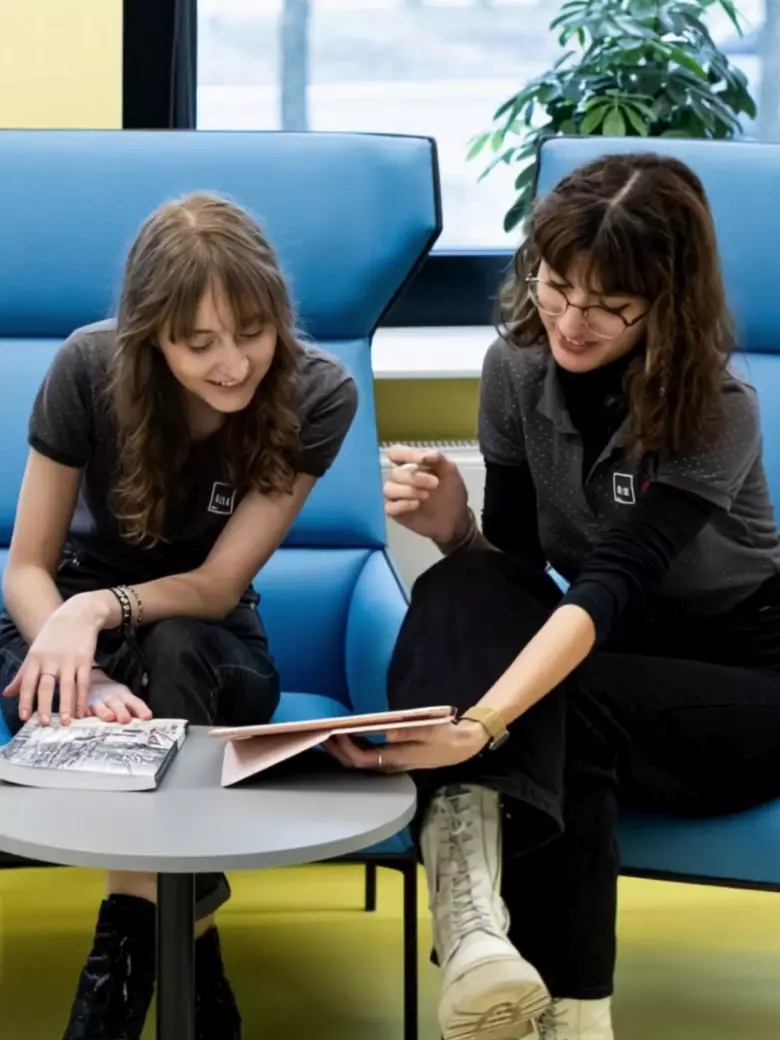
The programme is distinguished by its professional team of philosophy lecturers and its topical modules on digital games, artificial intelligence and the impact of media on society. It also offers professional networking opportunities and innovative content.

The infrastructure, adapted to contemporary didactics, offers space for creativity, innovation and hands-on learning. Your study location is not limited to Kaunas – the ERASMUS+ exchange programme allows you to study abroad, even at Jawaharlal Nehru University in India.
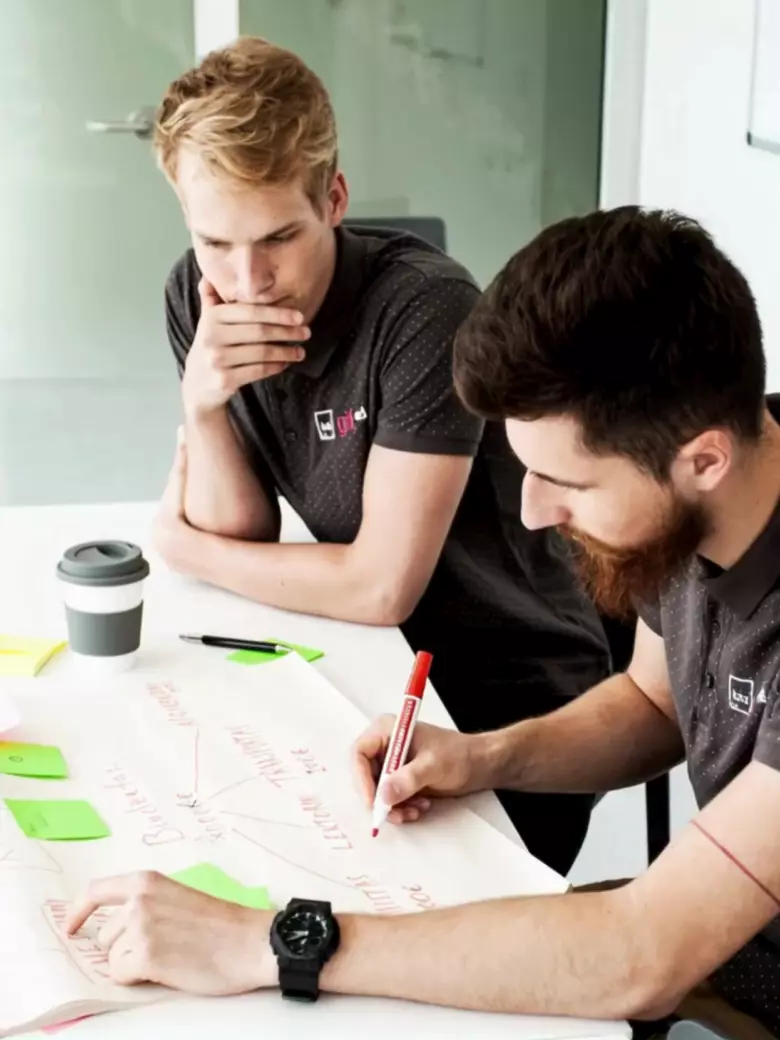
During their studies, philosophy master’s students have access to the latest technologies and are encouraged to use digital tools in research and content creation. Practical assignments are carried out using innovative technological facilities and laboratories, thus encouraging a creative and innovative approach.
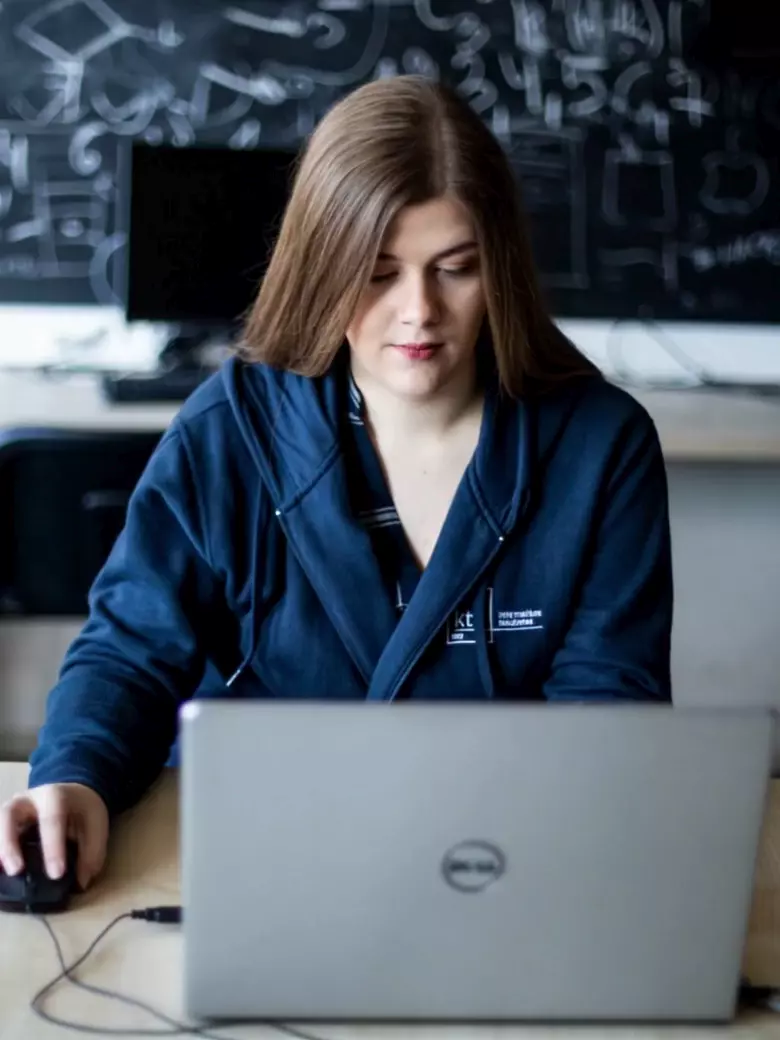
The programme offers the opportunity to choose an interdisciplinary competence that allows you to combine different disciplines and to delve deeper into relevant topics, from the technology-culture nexus to practical skills applicable in different professional contexts.
Become a creator of digital culture, shaping the future of media and the digital landscape.
The Digital Culture programme equips you with expertise in digital media transformations, creative content production, and emerging technologies. You will learn to analyse digital content, develop interactive platforms, and contribute to the evolution of digital spaces. Practical sessions and guidance from experienced tutors will prepare you for a dynamic job market that values both creativity and technological expertise.
Here are some of the careers you can pursue after your studies:
Studies trends in digital culture and analyses the impact of technology, media and social change on society and culture.
Develops digital projects, including multimedia content, video games or interactive applications, using creative and technological solutions.
Oversees the development of digital media and communication strategies, leveraging artificial intelligence to engage diverse audiences and ensure the effective dissemination of content in the digital space.
| Module name | Credits | Method of organisation |
|---|
| Audiovisual Communication | 6 | On-campus learning |
| Cinema Media | 6 | On-campus learning |
| Politics and Society in Modernity | 6 | On-campus learning |
| Posthumanism | 6 | Blended learning |
| Courses of Study Field (Competence of Expert) | 6 |
| Methodology of Research Work | 6 | On-campus learning |
| Business Process Management | 6 | Blended learning |
| Development of Challenge-Based Innovation | 3 | Blended learning |
| Optional Micro-modules | 3 | Distance learning |
| Multimedia Content Creation Methods | 6 | Blended learning |
| Data Mining Methods | 6 | Blended learning |
| Cryptographic Systems | 6 | Blended learning |
| Studies of Modern Languages (Level A1) | 6 | On-campus learning |
| Studies of Modern Languages (Level A2) | 6 | On-campus learning |
| Studies of Modern Languages (Level B1) | 6 | On-campus learning |
| Studies of Modern Languages (Level A1) | 6 | On-campus learning |
| Studies of Modern Languages (Level A2) | 6 | On-campus learning |
| Studies of Modern Languages (Level B1) | 6 | On-campus learning |
| Studies of Modern Languages (Level A1) | 6 | On-campus learning |
| Studies of Modern Languages (Level A2) | 6 | On-campus learning |
| Studies of Modern Languages (Level B1) | 6 | On-campus learning |
| Studies of Modern Languages (Level A1) | 6 | On-campus learning |
| Studies of Modern Languages (Level A2) | 6 | On-campus learning |
| Studies of Modern Languages (Level B1) | 6 | On-campus learning |
| Studies of Modern Languages (Level A1) | 6 | On-campus learning |
| Studies of Modern Languages (Level A2) | 6 | On-campus learning |
| Studies of Modern Languages (Level B1) | 6 | On-campus learning |
| Studies of Modern Languages (Level A1) | 6 | On-campus learning |
| Studies of Modern Languages (Level A2) | 6 | On-campus learning |
| Studies of Modern Languages (Level B1) | 6 | On-campus learning |
| Business Law | 6 | Blended learning |
| Strategic Management | 6 | On-campus learning |
| Project Planning and Organisation | 6 | Blended learning |
| Studies of Modern Languages (Level C1) | 6 | On-campus learning |
| Module name | Credits | Method of organisation |
|---|
| Computer Game Culture | 6 | Distance learning |
| Contemporary Media Theories | 6 | Blended learning |
| Gender Philosophy and Media | 6 | Blended learning |
| Globalization and Cultural Transformations in 20th Century | 6 | Blended learning |
| Courses of Study Field (Competence of Expert) | 6 |
| Research Project 1 | 6 | Distance learning |
| Quality Management | 6 | Distance learning |
| Development of Challenge-Based Innovation | 6 | Distance learning |
| Principles of Image Perception | 6 | Blended learning |
| Multivariate Statistical Models | 6 | Blended learning |
| Data Security Technologies | 6 | Blended learning |
| Studies of Modern Languages (Level A2) | 6 | On-campus learning |
| Studies of Modern Languages (Level B1) | 6 | On-campus learning |
| Studies of Modern Languages (Level B2) | 6 | On-campus learning |
| Studies of Modern Languages (Level A2) | 6 | On-campus learning |
| Studies of Modern Languages (Level B1) | 6 | On-campus learning |
| Studies of Modern Languages (Level B2) | 6 | On-campus learning |
| Studies of Modern Languages (Level A2) | 6 | On-campus learning |
| Studies of Modern Languages (Level B1) | 6 | On-campus learning |
| Studies of Modern Languages (Level B2) | 6 | On-campus learning |
| Studies of Modern Languages (Level A2) | 6 | On-campus learning |
| Studies of Modern Languages (Level B1) | 6 | On-campus learning |
| Studies of Modern Languages (Level B2) | 6 | On-campus learning |
| Studies of Modern Languages (Level A2) | 6 | On-campus learning |
| Studies of Modern Languages (Level B1) | 6 | On-campus learning |
| Studies of Modern Languages (Level B2) | 6 | On-campus learning |
| Studies of Modern Languages (Level A2) | 6 | On-campus learning |
| Studies of Modern Languages (Level B1) | 6 | On-campus learning |
| Studies of Modern Languages (Level B2) | 6 | On-campus learning |
| Administrative Law | 6 | Blended learning |
| Management of Persons and their Groups | 6 | On-campus learning |
| Project Social and Economical Evaluation | 6 | Blended learning |
| Academic Writing | 6 | On-campus learning |
| Module name | Credits | Method of organisation |
|---|
| Artificial Intelligence Culture | 6 | Blended learning |
| Digital City | 6 | On-campus learning |
| Digital Text and its Research Methods | 6 | On-campus learning |
| Speed and Slowness in Digital Culture | 6 | Blended learning |
| Courses of Study Field (Competence of Expert) | 6 |
| Research Project 2 | 6 | Distance learning |
| Business Process Analytics | 6 | Blended learning |
| Optional Challenges | 6 | Distance learning |
| 3D Visualization Methods | 6 | Blended learning |
| Time Series Analysis | 6 | Blended learning |
| Blockchain Methods | 6 | On-campus learning |
| Studies of Modern Languages (Level B1) | 6 | On-campus learning |
| Studies of Modern Languages (Level B2) | 6 | On-campus learning |
| Studies of Modern Languages (Level C1) | 6 | On-campus learning |
| Studies of Modern Languages (Level B1) | 6 | On-campus learning |
| Studies of Modern Languages (Level B2) | 6 | On-campus learning |
| Studies of Modern Languages (Level C1) | 6 | On-campus learning |
| Studies of Modern Languages (Level B1) | 6 | On-campus learning |
| Studies of Modern Languages (Level B2) | 6 | On-campus learning |
| Studies of Modern Languages (Level C1) | 6 | On-campus learning |
| Studies of Modern Languages (Level B1) | 6 | On-campus learning |
| Studies of Modern Languages (Level B2) | 6 | On-campus learning |
| Studies of Modern Languages (Level C1) | 6 | On-campus learning |
| Studies of Modern Languages (Level B1) | 6 | On-campus learning |
| Studies of Modern Languages (Level B2) | 6 | On-campus learning |
| Studies of Modern Languages (Level C1) | 6 | On-campus learning |
| Studies of Modern Languages (Level B1) | 6 | On-campus learning |
| Studies of Modern Languages (Level B2) | 6 | On-campus learning |
| Studies of Modern Languages (Level C1) | 6 | On-campus learning |
| Labour Law | 6 | Blended learning |
| Business Process Management | 6 | Blended learning |
| Financial Management Decisions | 6 | Blended learning |
| Legal Regulation of Management Activities | 6 | Blended learning |
| Marketing Management | 6 | Blended learning |
| Negotiation and Conflict Management | 6 | Blended learning |
| Project Planning and Organisation | 6 | Blended learning |
| Psychology of Leadership and Management | 6 | Blended learning |
| Project Quality and Risk Management | 6 | On-campus learning |
| Public Speaking | 6 | On-campus learning |
| Module name | Credits | Method of organisation |
|---|
| Master’s Degree Final Project | 30 | On-campus learning |
The programme is only conducted in Lithuanian language. Entry requirements for this particular programme can be found in the programme description provided in Lithuanian language.
in Lithuanian
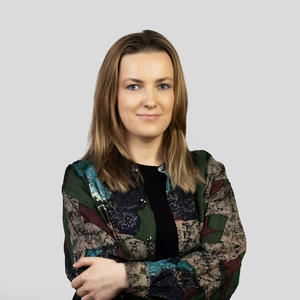
This study programme helps develop deeper thinking and teaches you to analyse phenomena from different perspectives. I believe that in the times we live in, critical thinking is an essential skill that we should apply more widely. Many of the tasks allow freedom, creativity and even provocation. Philosophy encourages us to ask questions and does not oblige to know the answers, so this programme is a healthy exercise for the brain, reinforcing the skills we already have.
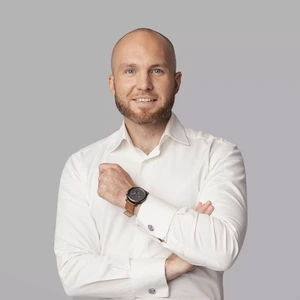
After completing a bachelor’s degree in engineering, I wanted to pursue my studies in a slightly different discipline. After master’s, my real career started – during my studies, I founded my first company in consulting and training. I chose a thesis topic that was interesting and meaningful to me, and this exploration has continued to this day.
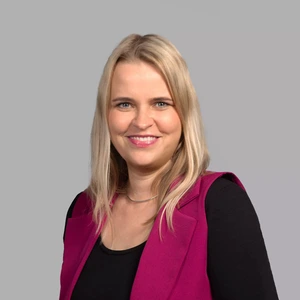
Digital culture professionals are essential in today’s digital world, where information, content and communication play a key role in business, media and the technology sector. Their ability to analyse media, understand the interaction between society and technology, and creatively address challenges is highly valued in companies.
Students on this programme must be proficient in Lithuanian as all teaching, coursework and assessments are conducted in this language.
KTU’s Digital Culture programme is characterised by its interdisciplinary approach, combining philosophy with technology, media and cultural studies. It focuses on the challenges of the digital world – the ethics of artificial intelligence, the philosophy of virtual reality and data management – while developing practical and critical thinking skills.
Digital Cultural studies offer opportunities to become digital content creators, communicators, cultural project managers, digital ethics consultants or technology analysts who address the creative and ethical challenges of the digital space.
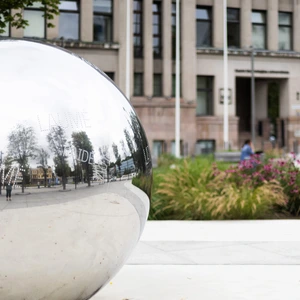
Talk to us, study with us:
K. Donelaičio St. 73, LT-44249 Kaunas
phone +370 679 44 555
email studijos@ktu.lt
Faculty of Social Sciences, Arts and Humanities
I Chamber
A. Mickevičiaus St. 37, LT- 44244 Kaunas
email shmmf@ktu.lt
 virtual tour
virtual tour